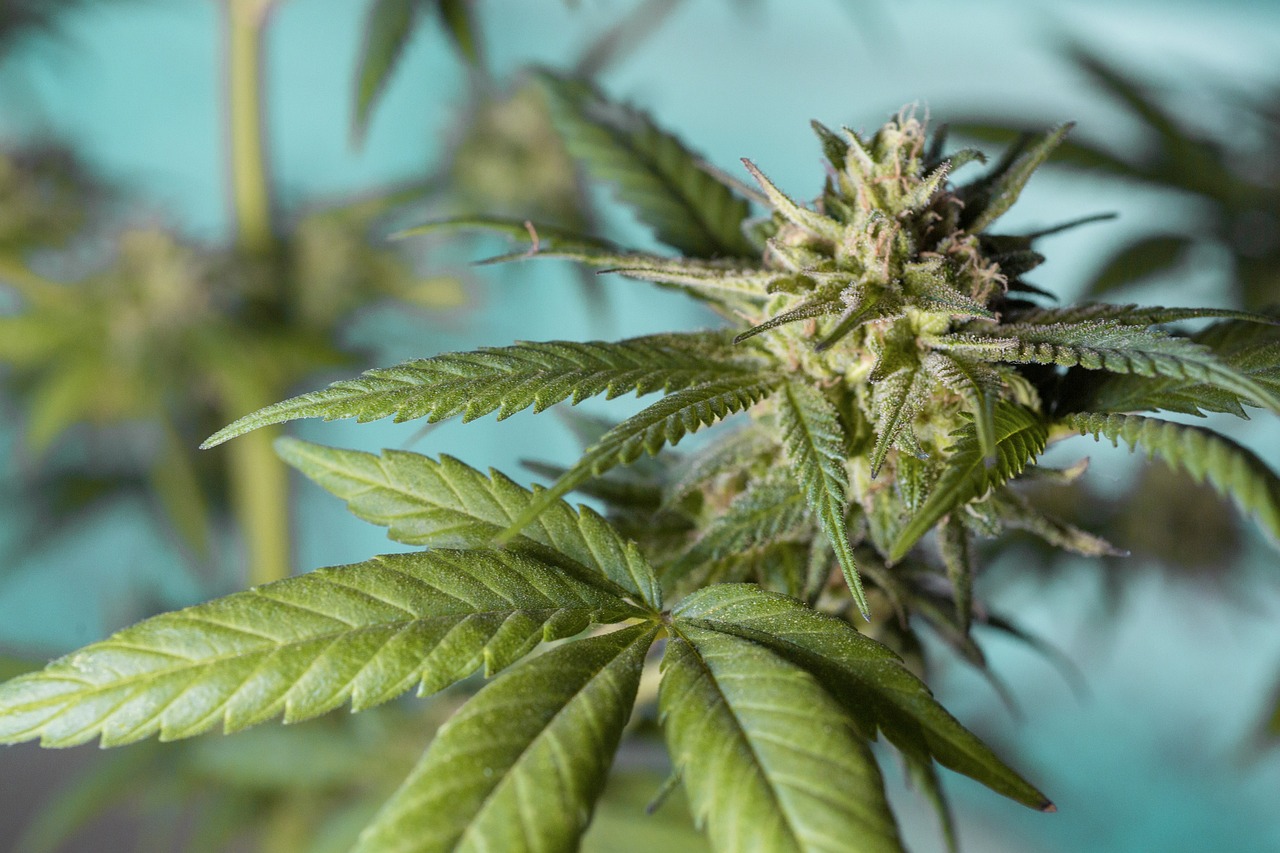-
Table of Contents
The Science Behind THCA Flower: What You Need to Know
THCA, or tetrahydrocannabinolic acid, is a cannabinoid found in raw and live cannabis. Unlike its more famous counterpart, THC, THCA is non-psychoactive. This article explores the science behind THCA flower, its benefits, and its potential applications.
What is THCA?
THCA is a precursor to THC. When cannabis is in its raw form, it contains THCA rather than THC. THCA converts to THC through a process called decarboxylation, which occurs when the plant is exposed to heat or light.
Decarboxylation Process
Decarboxylation is a chemical reaction that removes a carboxyl group and releases carbon dioxide (CO2). This process transforms THCA into THC, making it psychoactive. Common methods of decarboxylation include smoking, vaping, or cooking cannabis.
Health Benefits of THCA
Research into THCA is still in its early stages, but preliminary studies suggest several potential health benefits:
- Anti-inflammatory properties
- Neuroprotective effects
- Anti-emetic (anti-nausea) benefits
- Antiproliferative properties, which may help in cancer treatment
Anti-Inflammatory Properties
Studies have shown that THCA can reduce inflammation, making it a potential treatment for conditions like arthritis and lupus. A 2011 study published in the British Journal of Pharmacology found that THCA reduced inflammation in animal models.
Neuroprotective Effects
THCA may offer neuroprotective benefits, which could be useful in treating neurodegenerative diseases. Research published in the Journal of Neuroimmune Pharmacology in 2012 indicated that THCA might protect against neurodegenerative conditions like Alzheimer’s disease.
How to Use THCA Flower
THCA flower can be consumed in various ways, each offering different benefits:
- Raw consumption: Juicing or adding to smoothies
- Tinctures: Extracting THCA into a liquid form
- Topicals: Applying directly to the skin
Raw Consumption
Consuming raw cannabis allows you to intake THCA without converting it to THC. This method is popular among those seeking the health benefits of THCA without the psychoactive effects of THC.
Tinctures
Tinctures offer a convenient way to consume THCA. They can be taken sublingually (under the tongue) for quick absorption or added to food and drinks.
Topicals
Topical applications of THCA can provide localized relief from pain and inflammation. These products are applied directly to the skin and are absorbed through the epidermis.
Case Studies and Research
Several case studies and research projects have explored the potential benefits of THCA:
- A 2013 study in the Journal of Pharmacology and Experimental Therapeutics found that THCA reduced nausea and vomiting in animal models.
- Research published in the British Journal of Pharmacology in 2011 indicated that THCA has anti-inflammatory properties.
- A 2012 study in the Journal of Neuroimmune Pharmacology suggested that THCA might offer neuroprotective benefits.
Legal Status of THCA
The legal status of THCA varies by region. In some areas, THCA is legal as long as it is not decarboxylated into THC. It’s important to check local regulations before purchasing or consuming THCA products.
Conclusion
THCA flower offers a range of potential health benefits, from anti-inflammatory properties to neuroprotective effects. While research is still ongoing, early studies are promising. Whether consumed raw, as a tincture, or applied topically, THCA provides a non-psychoactive alternative to THC. As always, consult with a healthcare provider before starting any new treatment regimen.
